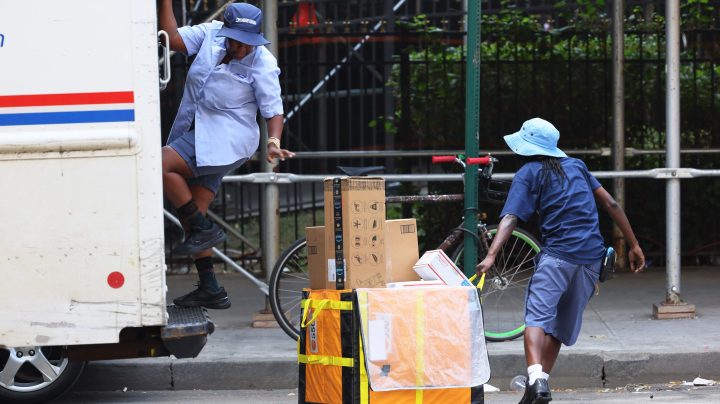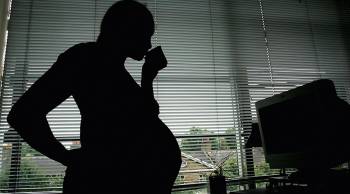
What the Supreme Court’s ruling means for religious accommodation at work
What the Supreme Court’s ruling means for religious accommodation at work

A much-anticipated decision came down from the Supreme Court yesterday that will affect the economy and workers’ rights.
The Justices ruled unanimously — in a contentious religious-freedom-in-the-workplace case — that employers have to accommodate their employees’ religious observances, unless it imposes a substantial burden on their business operations.
The case involved postal worker Gerald Groff, an evangelical Christian who requested Sundays off to attend church. His employer refused, explained UNLV law professor Ruben Garcia.
“Postal Service said it would be an undue hardship,” he said.
Co-workers had to cover for Groff, and some complained or quit. The Postal Service claimed the disruption justified denying Groff’s request. But the Court has now set a higher standard, said Garcia.
“That to claim ‘undue hardship,’ it has to be a ‘substantial expense,’” Garcia said.
The burden now shifts more to employers to explain why they can’t accommodate religious employees, said Justin Sadowsky, an attorney with the Council on American-Islamic Relations.
“Whether it’s wearing hijabs at work, or modest clothing more generally, taking time off for weekly congregational prayer—we think those are less likely to denied,” he said.
Employers can still refuse religious accommodations, said employment attorney Dawn Solowey at Seyfarth Shaw. For example: “Someone wants to take a prayer break on a manufacturing production line, but it might actually cause the whole line to have to be shut down,” she said.
Solowey said refusing the prayer break could fly, if the employer can prove it would result in idled assembly lines or lost business.
There’s a lot happening in the world. Through it all, Marketplace is here for you.
You rely on Marketplace to break down the world’s events and tell you how it affects you in a fact-based, approachable way. We rely on your financial support to keep making that possible.
Your donation today powers the independent journalism that you rely on. For just $5/month, you can help sustain Marketplace so we can keep reporting on the things that matter to you.

















